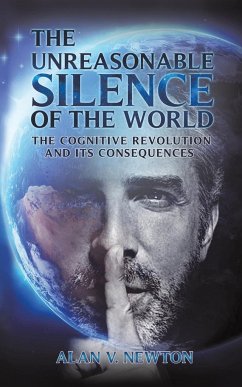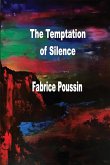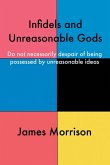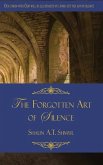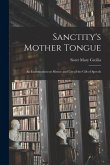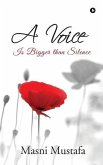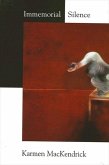It is possible that those with the worst symptoms of madness represent no more than the tip of a neurological iceberg. Madness or, more technically, psychosis, may be part of the human condition rather than a disease. Psychotic genes are considered to have an infinitely graded effect and the lesser degrees of their influence are considered to have had positive effects, which is why they are still in the human genome. Humanity's unique abilities may have arisen about 100,000 years ago in a neurological revolution caused by a psychotic mutation. This involved a compromise - the ability to use words, at the expense of a loss of existential confidence. The ancestral response to this loss was to use the new gift of language to construct imaginary scenarios that provided existential assurance and facilitated the imposition of social order. Thus arose mythology and, later, religions.

